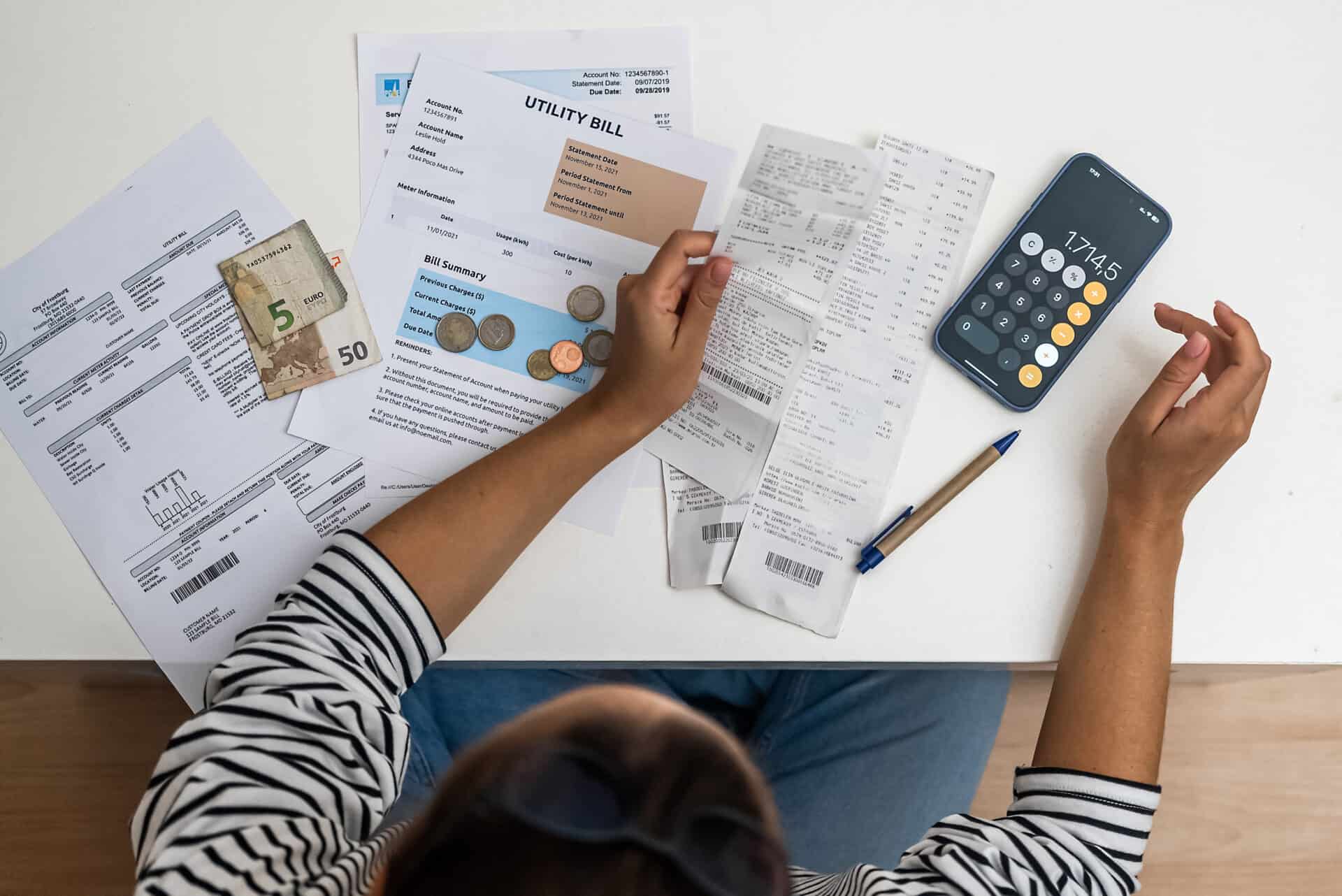When it comes to property investment strategies, positive gearing is considered one of the more conservative investment strategies, with most investors rather leaning towards negative gearing.
According to the Australian Taxation Office (ATO), around 30% of Australians own an investment property with 40% of those being neutrally or positively geared. That means that 60% of investment properties are negatively geared.
But is negative gearing the right investment strategy for you?
It helps to weigh up all your options, and depending on your circumstances, you may want to consider positive gearing as a strategy.
To equip you with all you need to know about positive gearing, we’ve drafted this article to cover all the positive gearing bases including what it is, the tax consequences as well as the pros and cons.
What Is Positive Gearing?
Put simply; gearing means that you used a home loan to buy your investment property.

Having a positively geared property means that your investment property rental return is higher than your home loan repayments and other property costs.
In other words, you are consistently making a profit from your investment property, and you could use the surplus income to reduce the size of your home loan, for example.
Example:
Bruce purchased his first investment property in Melbourne for $485,000 in a suburb just outside the city.
Bruce manages to rent out the apartment for a strong rental return of $575 per week.
Assuming that the property costs he incurs from owning the property amount to $460 per week, Bruce can cover the expenses with the rental return and have a surplus of $115 per week:
$575 – $460 = $115
This means that Bruce’s property is positively geared.
What Are the Advantages of Positive Gearing?
As with any investment strategy, you must weigh up the possible advantages and disadvantages of positive gearing – especially in relation to your current financial circumstances and future financial goals.
Some of the potential advantages of positive gearing your property include:
- Passive income: purchasing an investment property in an area with high rental demand and a strong rental return means that you’re likely to generate a steady income stream while waiting to realise the property’s long-term capital growth
- Positive cash flow: if your property is positively geared, it’ll pay for itself. As you saw in Bruce’s example, his rental income covered the expenses he incurred from owning the property. This means that he doesn’t need to use part of his other income to cover the home loan repayments, for example. Having a positive cash flow means less pressure if your financial circumstances happen to change
- Increased lending power: where your investment property generates enough income to cover your expenses and then some, the positive cash flow boosting your income means that it could be easier to secure another home loan to expand your property portfolio
- Balanced property portfolio: in instances where you own more than one investment property and utilise more than one investment strategy, having at least one positively geared property means that you can use the additional income to pay the shortfall if your other property is negatively geared
Are There Tax Implications for Using a Positive Gearing Strategy?
Just like the income you receive from your wages, the income you generate from your investment property is subject to tax.
You’ll pay tax depending on your income tax bracket. You can access the income tax rates on the ATO’s website.

The key benefit associated with a negatively geared investment is that you can offset the loss from your income. In other words, you’ll deduct the loss from your assessable income, resulting in a reduced taxable income.
However, there are various beneficial tax deductions that you can claim on your positively geared property that can also reduce your taxable income. So, by claiming all your investment property tax deductions, you can reduce the amount of income tax you pay each year.
The top three investment property tax deductions include:
- Depreciation: As a building gets older, its structure and the assets within the building are subject to general wear and tear. In other words, each year, the value decreases and thus, depreciates. The Australian Tax Office (ATO) offers property investors the opportunity to claim the depreciating assets as a tax deduction, as long as the property is being used to generate an income
- Interest on your loan: if you had to take out a bank loan to purchase your investment property, you are entitled to claim any interest charged on the loan as a rental property deduction. This is the most significant investment property tax deduction you can claim
- Rental expenses: as a landlord, you are liable for all kinds of expenses. The good news is that you can claim these expenses as rental property deductions each year
To access a full list of tax deductions, you can claim, make sure to check out our ultimate guide on investment property tax deductions.
What Other Factors Should You Consider When Opting for a Positive Gearing Strategy?
While there are many advantages to buying and opting for a positive gearing strategy, there are some other factors you should take into account:
- Positively geared properties are typically harder to find: negatively geared properties are so much easier to find in Australia – they are everywhere. 60% of investment properties are negatively geared, making positively geared properties in high demand
- High demand means higher prices and lower rental yields. The lower the rental yield, the harder it is to have your property produce a positive cash flow while positively geared properties are harder to find, they aren’t impossible to find. These properties do exist; you need the right team in your corner to help you find these properties you can read more about property professionals that can help you, in our 5 steps to buying an investment property article
- Higher Initial Cost: other than higher property prices, you may have to have more upfront capital when purchasing your property. By paying more in cash, you’re decreasing the amount of money you have to lend from the bank. Smaller mortgage repayments will make it easier to generate a profit from your rental income
- Positively geared properties can be more volatile: in times of high-interest rates and slow rental price growth, repayments on investment loans are higher, making it more difficult to find a property that can produce a high enough rental yield to cover all your expenses
It all comes down to planning and keeping up to date with economic and property market fluctuations. That’s why we emphasise building a team of property investors and other property professionals to help you navigate through making the right decision for you and your circumstances.
Key Takeaways
Opting for a positive gearing strategy means that you aim to have a higher rental return than your loan repayments and other expenses.
While it’s harder to find positively geared properties and you’re likely to pay higher income tax, there are ways in which you can find the right property for your circumstances and reduce the amount of tax you have to pay:
- build a team of experienced property investors and property professionals; and
- claim all your tax deductions!
Seeing the full potential of all the tax breaks available to you could be the difference between you hoping to earn enough money from your investment property and having positively geared property.
One of the most significant tax deductions you can claim is depreciation and depreciation schedules are one of the most effective tools to maximise your returns.
As a team of avid property investors ourselves, we, at Duo Tax, understand that every dollar counts. We’ve got the expertise to help you maximise the return on your investment.
To see how our quantity surveyors can help you, get in touch today!

Ready to get started?
Talk to one of our friendly property experts to get a free quote or more Information.










